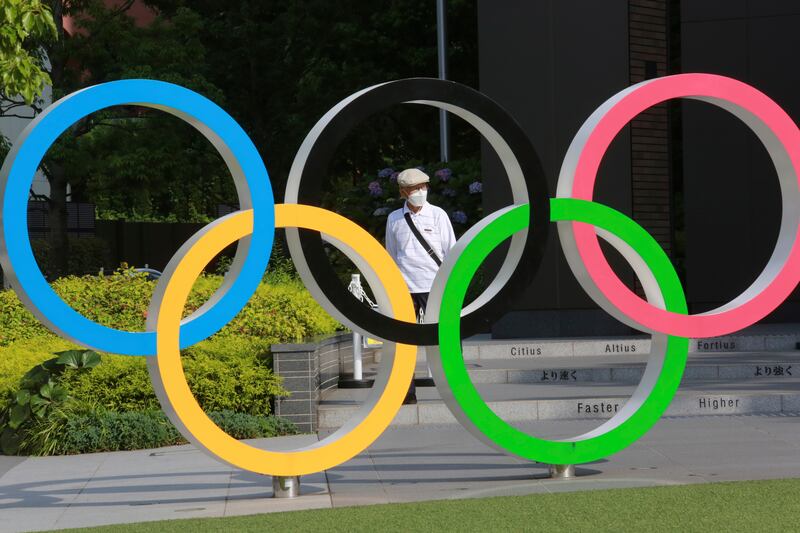In the late 2000s, I traveled regularly to Asia on university business at a previous institution. During one junket to Beijing, I spent a few days in Tokyo on assignment. As I transited the city to my hotel in Ikebukuro, I noted the relatively dated, gray apartment complexes that contrasted sharply with the glaring steel and glass reflection omnipresent in burgeoning Chinese cities. Japan modernized during the 1960s, the same time that China suffered through the history-erasing blight of the Cultural Revolution.
Japan retained what China surrendered during that period: a strong sense of tradition that manifests itself today comfortably side by side with Tokyo’s more iconic futurescapes of Shinjuku and the stately Victorian towers skirting Nihonbashi, a bridge forever embedded in memory in the woodblock prints of Utagawa Hiroshige.
Checking into my hotel, I fumbled through the closet, replete with an undersized yugata (bath robe) and geta (sandals), out of place in a soaring, modern hotel, but evocative of the ryokan (traditional inns) that dotted Honshu in the artist Hiroshige’s 19th-century countryside. But these hotel accoutrements were not the tradition that Japan had in store for me.
A night later I sat at a hotel restaurant musing over my seafood when a waitress approached me, signaling that a gentleman and his wife across the way wanted to pick up the tab, seeing that I was dining alone. That touchstone of kindness, and not the diminutive yugata in my hotel closet, remains with me to this day, as did another kind gesture two days later.
Before exiting the Tokyo subway system on my return to Narita International Airport and then to Beijing, I approached a kiosk to return my reusable subway card. As I waited for the attendant, an older woman behind me, noting beads of sweat trickling down my face, removed a sensu (collapsing fan) from her purse and assuaged the midday swelter.
In the spring of 2021, I emphasize these displays of empathy, extended toward a stranger, to symbolize why Japan still matters in the 21st century (more so than the Olympics) and should remain important in the minds of American citizens and investors even if Japan’s economy has been globally eclipsed by that of neighboring China.
In the recent “China Paradox” series, headlined by former American ambassador to China, Jon Huntsman Jr., China watchers encouraged American companies to “hedge” their activities on the mainland with alternatives elsewhere in East and Southeast Asia.
Japan remains the third-largest economy in the world, a country whose free trade prosperity predates the rise of manufacturing-behemoth China by at least a generation (and from whom China learned as many tricks of the trade as it did from the United States). Then-Prime Minister Shinzo Abe quietly assumed leadership for a globally connected world during America’s turn inward during the Trump years. During that time, as biographer Tobias S. Harris has noted (“The Iconoclast: Shinzo Abe and the New Japan,” Hurst, 2020), Abe forged the relationships necessary to bring the Trans-Pacific Partnership Treaty to fruition, an agreement the United States should join under the Biden administration.
In 2019, Japan ranked as the fourth most important export market for the United States, importing approximately $75 billion of American goods to China’s $106.4 billion. Only Canada and Mexico imported more goods from the United States. On the import front, the United States purchased $144 billion of Japanese goods (fourth ranking as well), a far cry from China’s $452 billion, but an important player in terms of aggregated trade.
What Japan lacks in sheer trade heft behind China is amply compensated by a commitment to values consistent with a free and open society championed by the United States, a consideration that informs methods of foreign economic aid as well as fundamental positions on representative institutions and tactics of geopolitical influence. The Brookings Institute, notes, for example, that while Chinese foreign direct investment in Africa was double that of the United States in 2018, American companies invested in almost two times the number of projects there.
On the developmental front, while China offers a broad portfolio of bilaterally negotiated loans to African nations as part of its Belt and Road Initiative, often with uncompetitive interest rates, Japanese expertise and competitive loan structures have made it an attractive alternative to partnered approaches at modernization.
Locally, the Sasakawa Foundation notes the significant role that Japan plays in Utah’s economy. While Utah received $5 billion of foreign direct investment from Japan in 2017, Japan ranked as the fifth most important market for Utah goods in 2020.
Clearly, Utah’s connection to Japan transcends cancellation of its direct airlink with Tokyo and portends strategic advantages in future Utah-Asian relations as the state charts its own foreign economic agenda in a century where the fortunes of cities (such as Salt Lake City) may diverge from more volatile conditions nationally.
My experiences in Tokyo a decade ago, ones that I remember for their empathy and humanity, suggest that shared values across the Pacific Ocean that geographically separate the United States and Japan, remind us of an ally in East Asia with which Americans can work to forge opportunities often overshadowed by its neighbor, China, which often marches to the beat of different core social beliefs.
Evan Ward is associate professor of history at Brigham Young University, where he teaches courses on world history. His views are his own.

